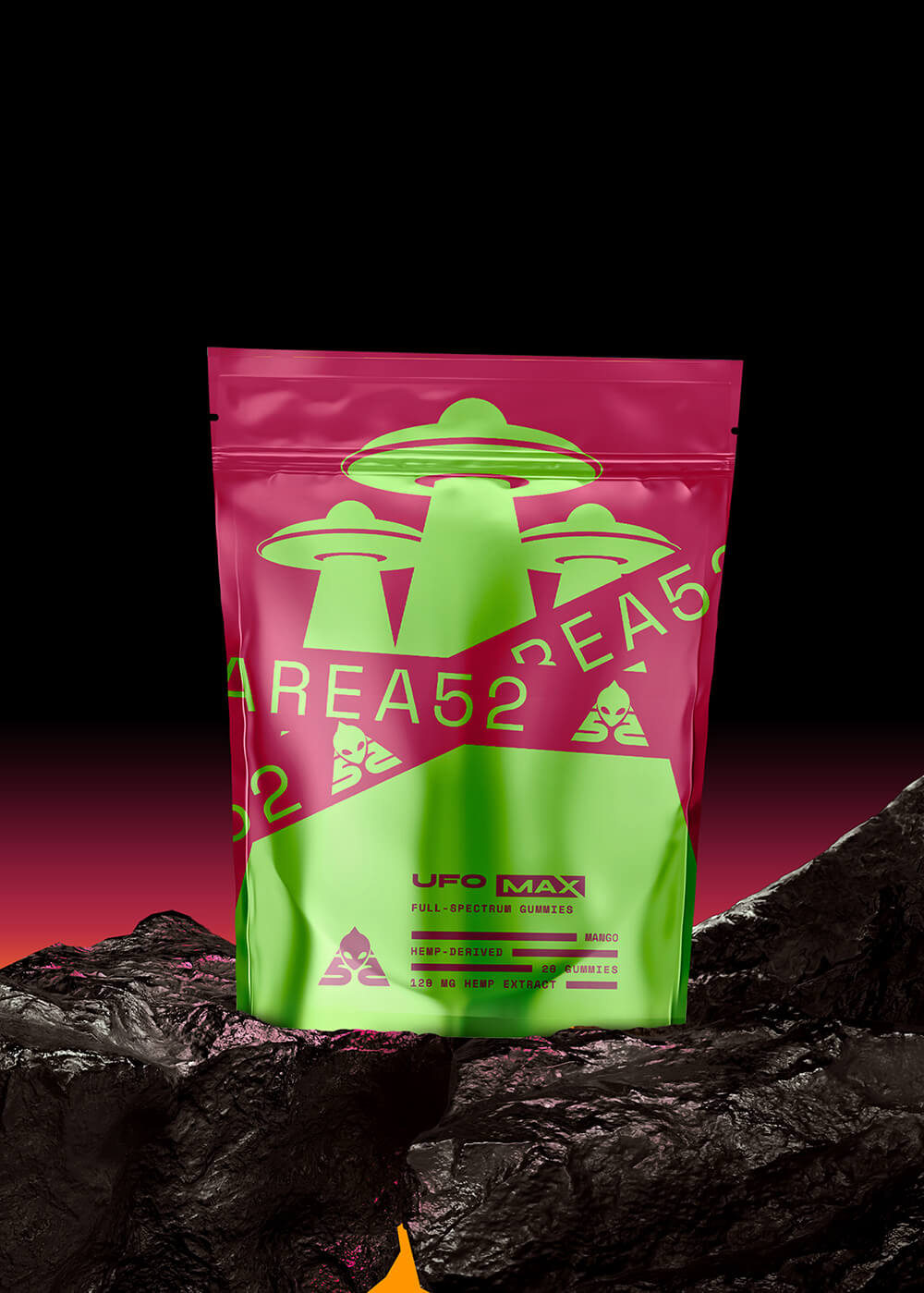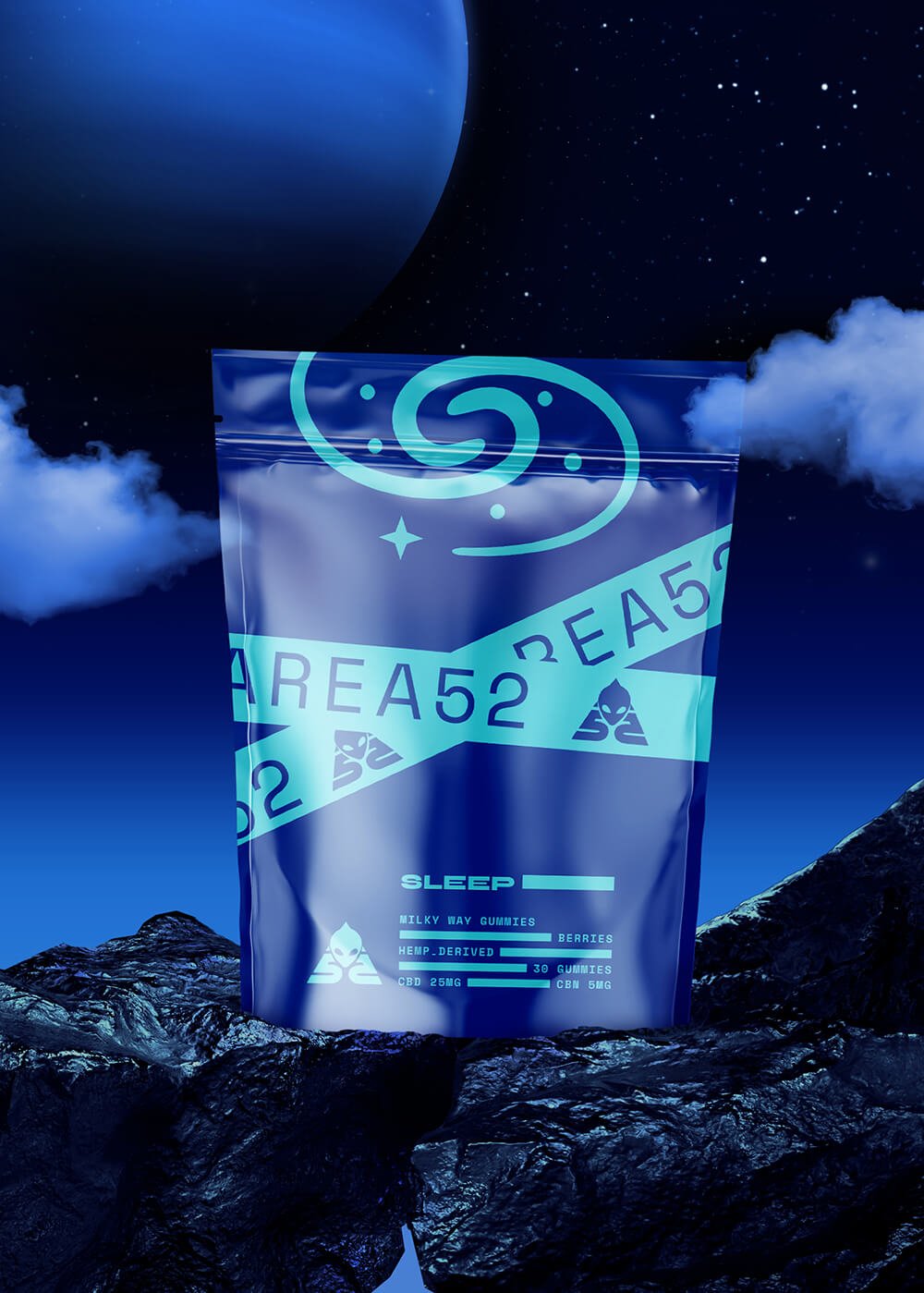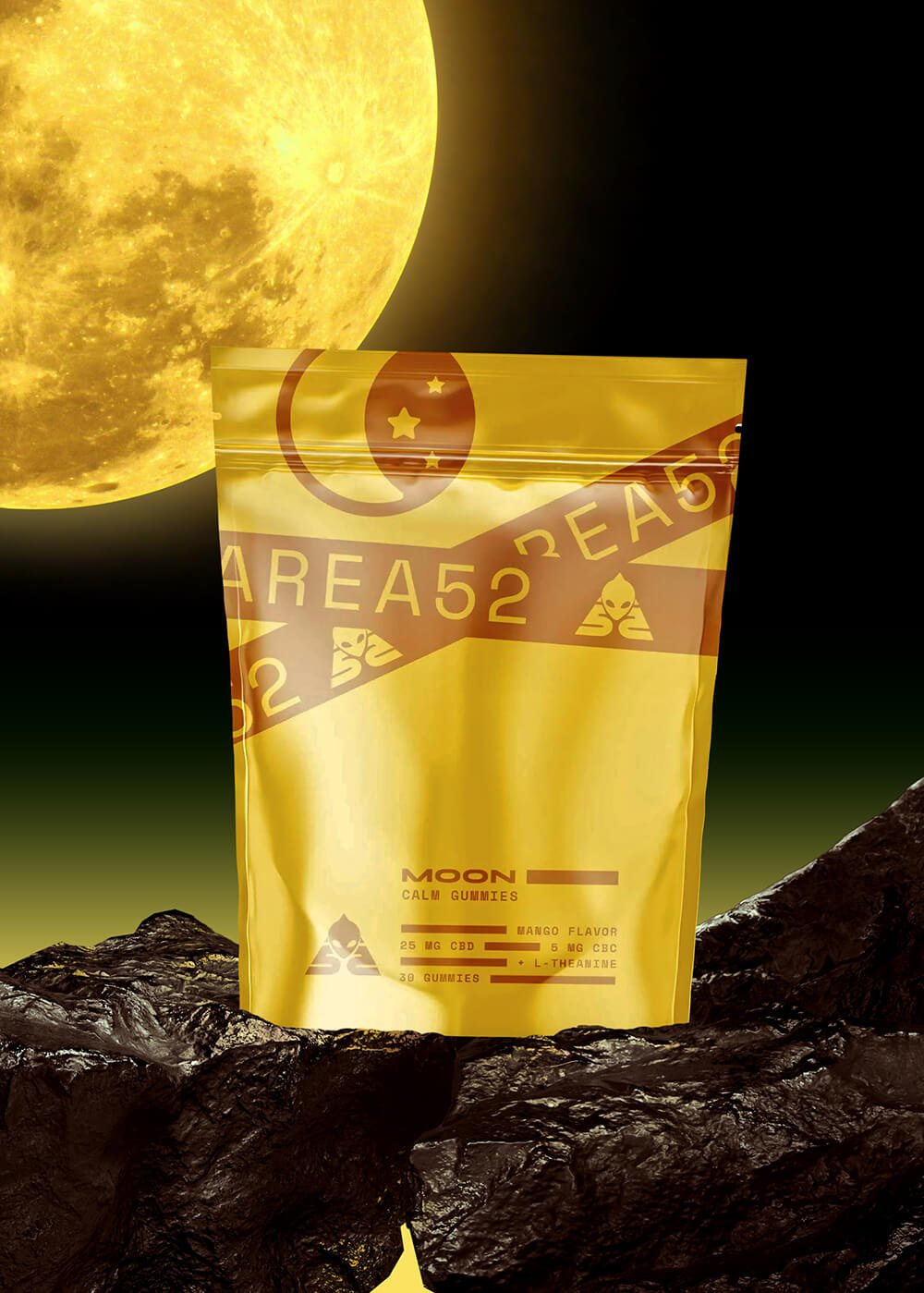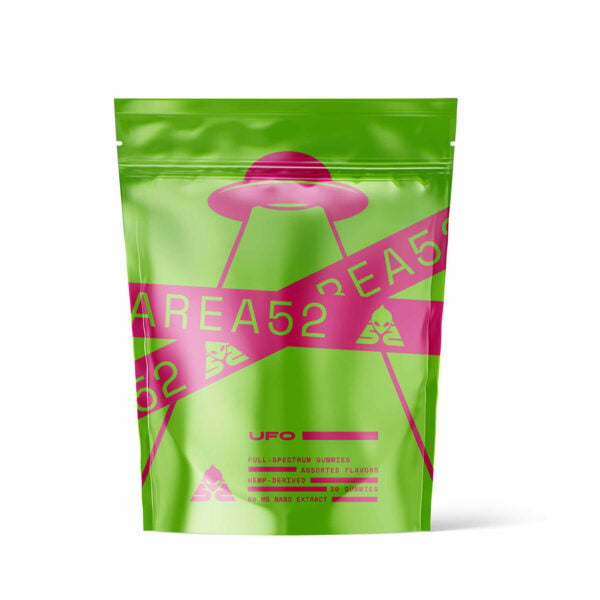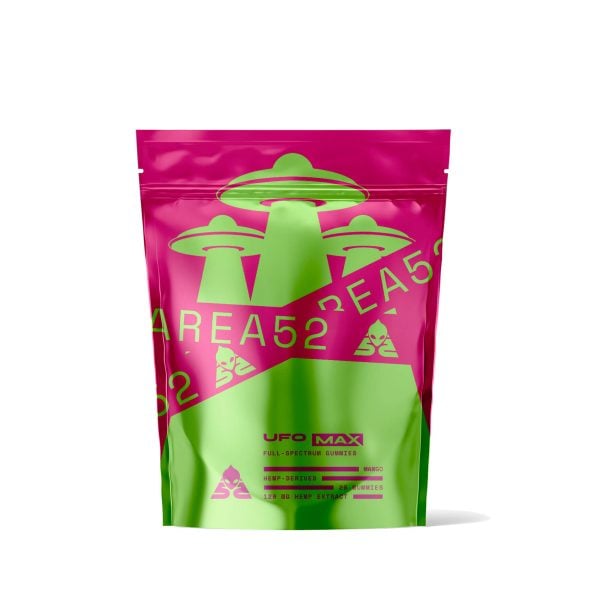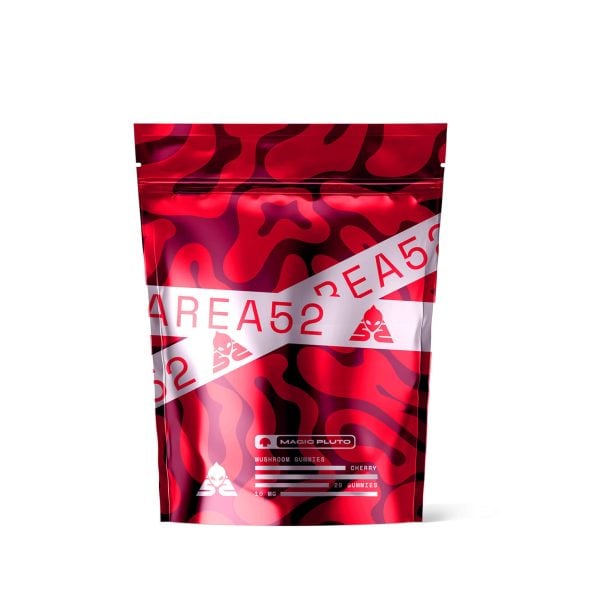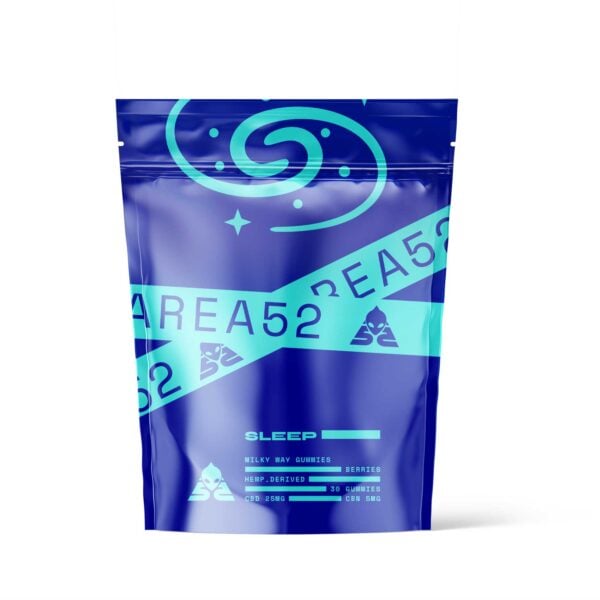Delta 8 THC in Vermont: Is It Legal & Where to Buy in 2023?
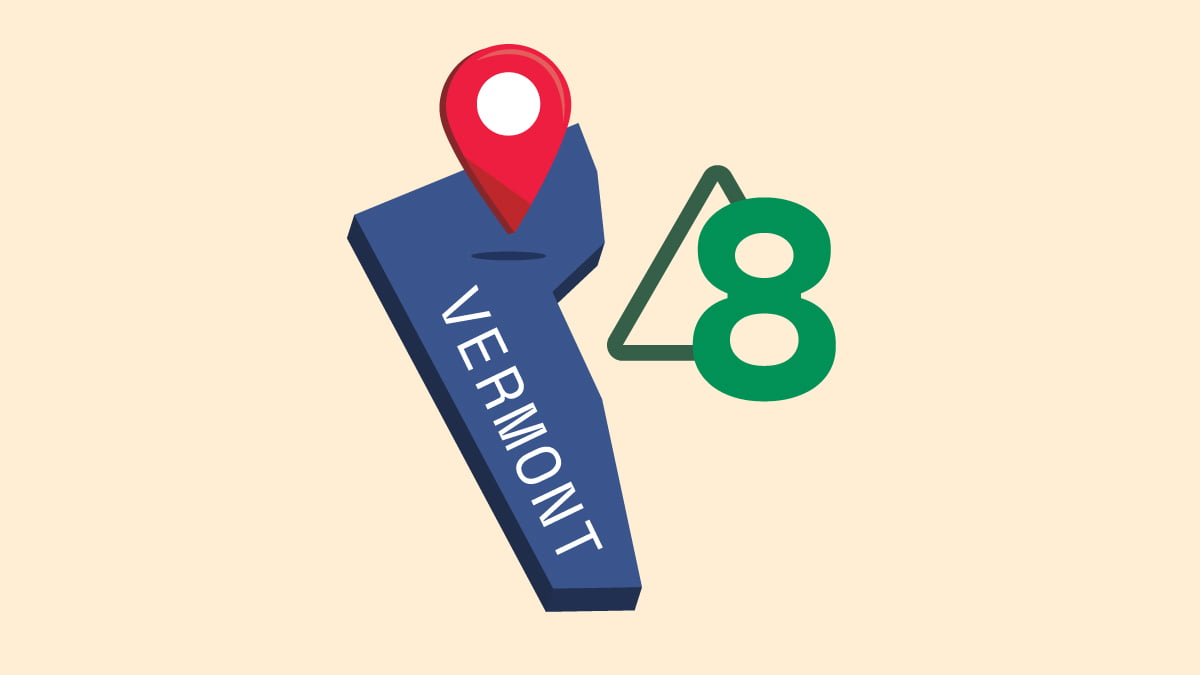
Vermont officials warned in April of 2020 that delta 8 THC products are not legal in the state. Although Vermont has taken a rather progressive stance towards cannabis, the delta 8 THC isomer is unlawful.
State officials said that delta 8 THC production methods skirt regulations and are not considered hemp products — which would otherwise be legal. Vermont is one of the first few states to crack down on the substance.
The staunch anti-delta 8 THC stance comes as a surprise when one considers that Vermont was the 11th state to legalize and regulate the recreational use of cannabis. Nonetheless, a state law enacted after the Farm Bill makes it pretty clear: Synthetic cannabinoids derived from hemp products are illegal in Vermont.
Just what sets Vermont apart from so many states can be attributed to some clear rules that other states lack after the 2018 Farm Bill.
Is Delta 8 THC Legal in Vermont?
No, Vermont law bans the production of delta 8 THC. Further statements from officials clarify that distributing and possessing delta 8 THC may also be illegal, according to a report from Vermontijuana[1]. Although law enforcement may be hesitant to enforce possession of delta 8 THC, its production is illegal.
After massive updates on how hemp is regulated with the 2018 Farm Bill, Vermont decided to create its own rules. The Agency of Agriculture, Food, and Markets is responsible for overseeing and regulating Vermont’s hemp program. Guidance from the agency stated that producers could not use hemp to make delta 8 THC.
This boils down to that hemp growers in Vermont are not allowed to use CBD in a chemical process that yields usable amounts of delta 8 THC. Although the substance naturally occurs in small amounts in hemp plants, it is not enough to be psychoactive. However, a chemical process that converts CBD into large quantities of delta 8 THC can produce enough for it to be used in products.
That chemical process would clearly be considered illegal in Vermont according to Vermont Hemp Rules § 6.3, which expressly outlaws the “use of synthetic cannabinoids in the production of any hemp product or hemp-infused product.” State officials further announced that delta 8 THC is not legal in Vermont, according to a report from WCAX 3.
Hemp manufacturers and state regulators across the country were left in a flurry after significantly overhauled federal rules from the 2018 Farm Bill. New rules at the federal level made several changes, greatly benefiting the hemp industry with freer restrictions. Some grey areas were left, though, and have yet to be clarified.
A key takeaway from the Farm Bill is how the feds now define “illegal cannabis.” According to the Farm Bill, hemp and cannabis products must meet one main specification- they cannot contain more than .3 percent delta 9 THC. Hemp growers state to state are required to lab test their hemp crops to ensure that they are within that legal limit.
Hemp producers have taken this to mean that other forms of THC may be legal, so long as it isn’t the delta 9 variant. Edibles, cartridges, and even flower delta 8 THC products have popped up across the country since, except in places like Vermont, where it is clearly illegal.
The rule changes from the 2018 Farm Bill have still promoted the hemp industry, though. Farmers can create and sell hemp and its derivatives with the new rules- of course, so long as each product doesn’t contain too much delta 9 THC.
Where to Buy Delta 8 THC in Vermont
In Vermont, delta 8 THC is prohibited — so there’s no legal method of obtaining this cannabinoid. It’s also highly recommended to avoid black market delta 8 products because of systemic issues with quality and contamination.
We also recommend against using mail forwarding to get delta 8 THC delivered. This practice appears to work for some people but is illegal in the state of Vermont.
Outside of Vermont, delta 8 THC can be picked up in various retail cannabis dispensaries and online.
Most users prefer ordering online because of its convenience, simplicity and because it tends to be cheaper (less overhead for the business).
Our products are carried exclusively online in an attempt to beat counterfeit producers. However, until Vermont updates its laws, we’re unable to ship to this state.
Do I Need A Medical Card in Vermont To Order Delta 8 THC?
Delta 8 THC has not been FDA approved and is not a part of the state’s medical marijuana program. Because of this, delta 8 THC would be regulated in much the same way, regardless of if it is for medical purposes.
Therefore, you do not technically need a medical card to obtain delta 8 THC in Vermont. That is not because the substance is legal, though. Rather, those looking for medical cannabis should refer to the Vermont medical cannabis program.
The Vermont medical marijuana program allows for the prescription of cannabis containing large amounts of delta 9 THC — the federally regulated form of THC. For this form of THC, you need to be prescribed it by a doctor. Other forms of THC are also recreationally available in Vermont for those that are of legal age.
At the end of the day, the production of delta 8 THC is illegal in Vermont. Vendors should not require any medical card to sell delta 8 THC, but they need to verify age.
Delta 8 Vapes & The PACT Act
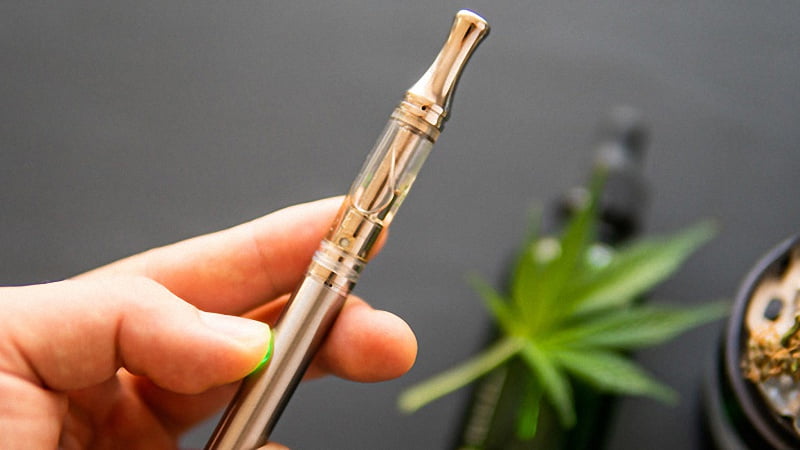
Internet vape shops must adhere to the PACT act’s requirements. This regulation, which was first passed in 2010, aims to prevent tobacco and nicotine products from being illegally sent through the mail. It mandates that online merchants verify the buyer is of age. Vendors must also be registered with the ATF to keep stringent financial reports. The minimum age in the United States has been raised to 21 due to legislation approved in December 2019.
Congress revised the original PACT act in 2020. The amendment included vape devices in the original law. However, the definition of vape devices for this statute is fairly broad. The new PACT act statutes basically include anything vaping-related, including Delta 8 THC.
Be wary of sellers that will sell delta 8 THC without first confirming your age. This can result in hefty fines for the seller and signal other illegal or unethical actions by the business.
A vendor being ethical in selling their goods is the first indicator of competent quality control. When it comes to whatever you’re going to ingest, quality control is crucial. Vendors looking to sell vaporizer supplies to minors might well easily sacrifice quality elsewhere.
What’s The Difference Between Delta 8 THC & Delta 9 THC?
Delta 8 and delta 9 THC share a lot in common. In fact, the only real difference is the location of a double bond in the chemical structure. Despite how similar they are on a molecular level, there are some key differences to be aware of regarding their effects, legality, mechanism of action, and more.
The Chemical Differences
Delta 8 THC is a chemical compound typically found in hemp plants and CBD products. It can be a byproduct of industrial hemp production. This kind of THC interacts with the brain similarly as its prohibited cousin, delta 9 THC, does.
THC is one of the key psychoactive components in cannabis in all of its forms. The structure of THC molecules is remarkably similar to those of anandamide, a neurochemical. To be able to connect with other neurons, neurotransmitters in your brain routinely emit anandamide.
Because of their structural closeness, anandamide receptors also accept THC. When THC binds to these receptors, it delivers well-known effects.THC disrupts anandamide’s normal functioning by hijacking pleasure, temporal perception, and memory recall.
Delta 9 THC is the chemical molecule that most strongly attaches to anandamide receptors and interferes with brain communication, but delta 8 THC can do the same at a reduced amount [2].
The Legal Differences
Delta 9 THC is illegal on a federal level. In the United States, federal law supersedes state law. Cannabis has become a bit of a rogue industry in the past couple of decades, though, with Colorado and California legalizing and taxing recreational marijuana.
They did so, following their respective state law changes, but were still technically breaking federal law. When the 2018 Farm Bill came along, it sought to lay some groundwork for revising federal law. The Farm Bill strictly defined illegal cannabis as the delta 9 THC isotope.
Because the substance is now so strictly defined, other isotopes of THC are pseudo-legal. Federal law enforcement agencies have not taken any express action against hemp growers and delta 8 THC producers. The legal difference truly lies within how you interpret what is considered “illegal cannabis.” When it is clearly defined as delta 9 THC, the room is left for other THC variants to be produced, distributed, and sold.
Is Delta 8 THC Natural?
The term “natural” has little meaning in how goods are regulated in the United States. The phrase “natural” can be used to sell almost anything, according to the FDA. Putting a natural label on something demands no red tape or legal process.
Nonetheless, natural means something to the majority of folks. Many people imagine a product that is generated by nature without alteration by humans. However, such a definition does not cover most goods. Vitamin C, CBD, B vitamins, and most chelated mineral supplements are made in a laboratory setting — some of these chelates don’t actually occur in nature, to begin with — yet nobody is making a case these supplements aren’t “natural.”
With that said, is delta 8 THC natural? There’s a strong argument that it is. The process used to make it merely creates the ideal conditions for a process called isomerization — which is a naturally occurring process. During this process, elements from hemp convert into delta 8 THC and other cannabinoids.
What’s essentially happening here is that scientists are facilitating the conversion of one naturally occurring molecule to another naturally occurring molecule simply by tweaking the environmental conditions these compounds are exposed to.
How to Use Delta 8 THC
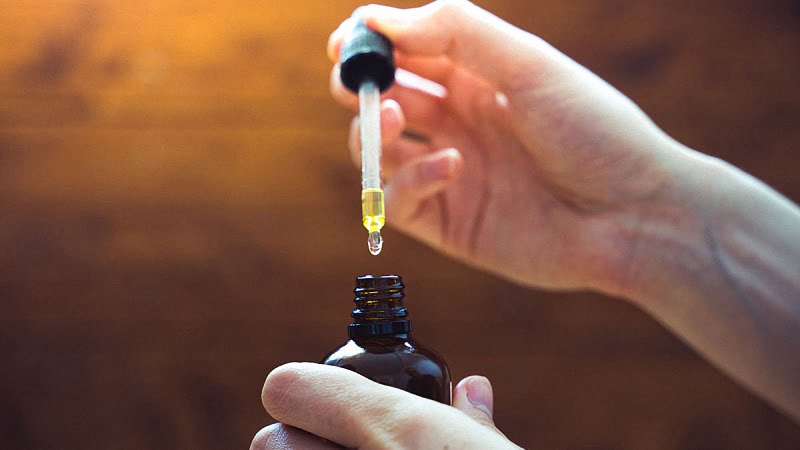
Delta 8 THC can be consumed in a variety of ways. All of them are similar to popular CBD and cannabis consumption methods.
The following are a few examples of these techniques:
- D8 THC vape cartridges
- D8 THC infused tinctures
- D8 THC gummies
- D8 THC hemp flower
Each method has advantages and disadvantages, but vape cartridges are the most common and the most potent.
Oil is employed in various products because it contains the greatest delta 8 THC, by volume. Delta 8 THC tincture is extracted from hemp plants before being used as a product backbone. Edibles like capsules and gummies are typically little more than delta 8 oil poured on a product or contained in a capsule.
Any delta 8 THC bud is the same way. Marijuana flowers with no delta 9 THC are frequently harvested and treated with delta 8 oil. Because it’s nearly impossible to breed marijuana flowers that contain enough delta 8 THC, this method is the most trustworthy.
Is Marijuana (Delta 9 THC) Legal In Vermont?
Vermont was one of the first US states to legalize medical marijuana. This happened all the way back in 2004, years before most of the other US states reviewed their policies on marijuana. Today, marijuana is legal for both recreational and medical use in the state of Vermont.
Related: Where is marijuana legal in the United States?
Is Delta 10 THC Legal in Vermont?
Delta 10 THC is also considered illegal in Vermont for the same reasons that delta 8 THC is. State laws clarify that using hemp to produce synthetic cannabinoids such as delta 8 or delta 10 THC is illegal.
Because these alternate forms of THC are found, they are easily classified as illegal. Delta 10 THC requires a chemical process to derive from hemp products, much like delta 8 THC. Because of this, they are illegal in Vermont.
What’s The Future of Delta 8 THC in Vermont?
For now, delta 8 THC and similar variants of it are banned in Vermont. There is a possibility that these types of THC are picked up in Vermont’s legal marijuana market in the future. Still, until then, the production of it is illegal in Vermont.
People in Vermont can, however, partake in the state’s recreational and medicinal marijuana programs.
Cannabis laws change constantly. If you want to be notified when delta 8 THC becomes legal in the state of Vermont, sign up for our newsletter below.
